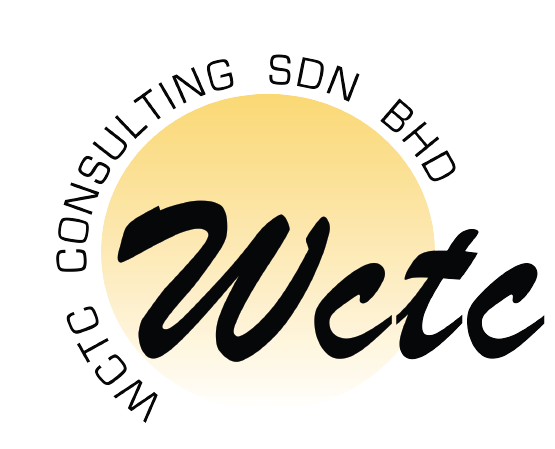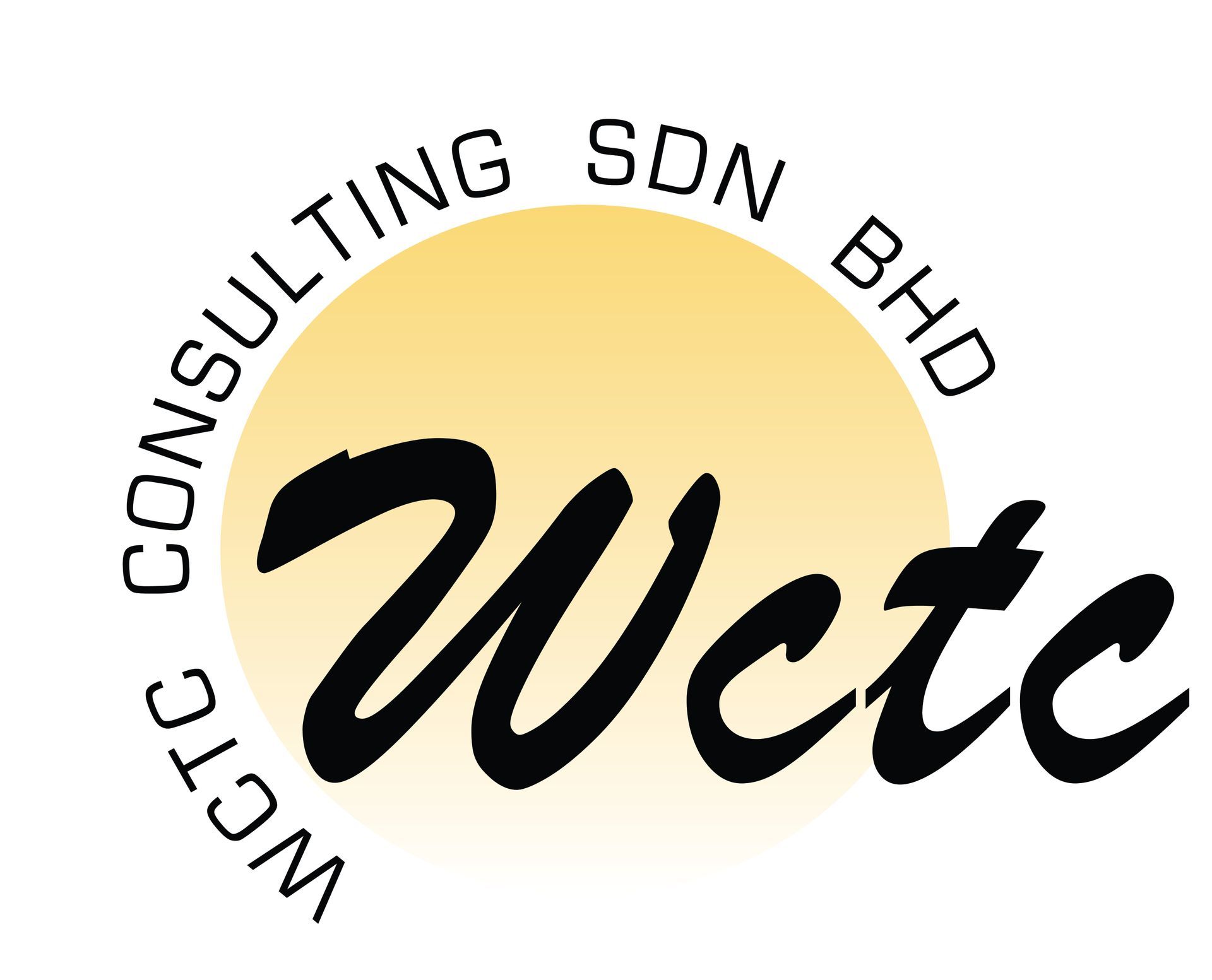OVERVIEW
Nowadays, the workplace continues to evolve at an unprecedented pace. The “new normal” is no longer about just remote work—it’s about mastering hybrid work. Employees are splitting their time between home, the office, and even locations across the globe, creating a dynamic and flexible work environment that prioritizes both productivity and employee well-being.
Today’s best talent may reside anywhere in the world, and businesses are no longer confined to traditional office setups. The once-standard cubicles and constant on-site meetings have given way to adaptable spaces, flexible schedules, and a mix of in-person and virtual collaboration. Advances in communication tools and technology have bridged the gaps of time zones and geography, empowering teams to stay connected and productive regardless of where they work.
Hybrid teams are now the cornerstone of modern organizations. This blended workforce, with employees alternating between office and remote work, demands a fresh approach to leadership. If even one person works away from the team part of the time, your organization is already operating in a hybrid mode. And while hybrid leadership is not inherently harder than managing a co-located team, it is different. Success requires acknowledging and addressing these differences with intention and strategy.
Are You Facing These Challenges in Leading Hybrid Teams?
Struggling to build trust when employees are not consistently in the same space?
Finding it difficult to engage and motivate team members across varying locations and schedules?
Overwhelmed by the sheer volume of communication tools and unsure how to maximize their potential?
HYBRID LEADERSHIP REQUIRES A NEW APPROACH—AND THIS TRAINING DELIVERS IT.
ADAPT YOUR LEADERSHIP STYLE FOR A HYBRID WORLD
This transformative program is designed to equip leaders with the tools, insights, and strategies needed to thrive in today’s hybrid workplace. Through interactive sessions, leaders will:
+ Assess their team’s strengths and areas for improvement.
+ Learn how to effectively adopt and leverage technology to enhance communication and collaboration.
+ Build trust and foster strong relationships, whether working face-to-face or virtually.
+ The goal is simple: ensure your hybrid teams are not just functional, but productive and equipped to deliver exceptional results.
Because in a hybrid world, saving time and travel costs is meaningless if your team lacks the relationships and motivation needed to achieve success.
JOIN US to
lead confidently and create an environment where every team member thrives—no matter where they’re working from.
LEARNING OBJECTIVES
- IDENTIFY What Hybrid Team Members Need And Expect From Their Leaders
- UNDERSTAND The Challenges And Possibilities Of Managing Hybrid Teams
- EMBRACE Trust, Transparency, Accountability, And Honesty In A Hybrid Workforce
- BE ABLE TO Identify Issues Around Separation Anxiety, And Appreciate The Difference Between Work-life Balance And Work-life Separation
- APPRECIATE The Many Techniques Used To Manage And Maximise The Performance Of Hybrid Team Members
- BECOME Familiar With A Combination Of Communication Channels And Methods To Support Effective Hybrid Team Work
- ASSESS Their Current Teams In The Areas Of Task Completion, Working Relationships, And Communication
- BECOME More Comfortable Encouraging Open Dialogue Through The Concept Of ‘Inclusion Through Communication'
- LEARN What Builds Trust In Any Team, And How To Accomplish That In A Remote Environment
- RECOGNISE The Need For Collaboration, Engagement, And Creating A Sense Of Community
- DISCOVER Tools And Techniques For Creating Greater Working Relationships Using Technology
- DEVELOP An Action Plan For Strengthening Relationships And Trust In Their Hybrid Team
CLICK HERE to see more

Other Workshops:




